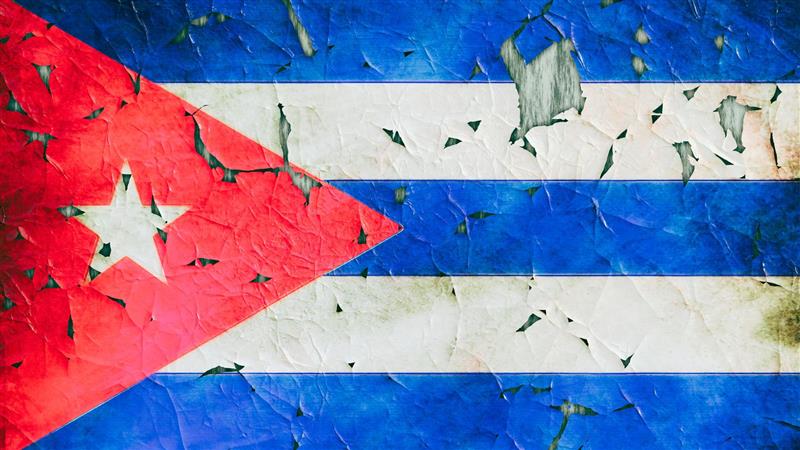Cuban partners prepare for hurricane season amid economic restrictions
 Decades of restrictions have battered the Cuban economy, but the Cuban people are resilient.
Decades of restrictions have battered the Cuban economy, but the Cuban people are resilient.July 29, 2025
By Jeannethe Lara
In the Caribbean, Hurricane season runs from June 1 to November 30. In Cuba, people start to prepare. A daunting task given the serious limitations the country currently faces.
At our recent visit to current partners the Episcopal Church of Cuba and the Martin Luther King Centre, as well as historic partner the Cuban Council of Churches, we had the opportunity to learn about the major challenges people and partners are enduring, and to assess how Alongside Hope has been contributing to the well-being of Cubans.
A major issue is the proliferation of electrical power outages across the territory. Although the authorities schedule most outages, they can last for days, dramatically affecting the Cuban people. Without electricity, Cubans have limited access to water as the pumps need electricity. They cannot cook, study or work and food goes to waste. Daily life and chores are oriented around the times when electricity is available, which is sometimes in the middle of the night. Just imagine how would you live like this, for weeks and months?
The lack of fuel aggravates the shortage of food, and the government must import basic products. Alongside Hope contributes to a project, led by the United Church of Canada, directed to the Martin Luther King Center (MLKC) effort to improve the situation of those who live in care centres, and vulnerable people (elderly, children, sick, disabled, pregnant women) in five different communities. The work includes distributing and delivering food, medicine and medical supplies to the communities, hospitals and doctors’ offices. During our visit we corroborated the relevance and urgency of these actions, visited the donation collection centre and the community pharmacy service at MLKC headquarters.
Aging infrastructure and lack of fuel are partly to blame for the frequent outages. But the U.S. embargo against Cuba, since 1960, has significantly affected the country’s economy by restricting trade.
On top of the U.S. boycott, the COVID-19 pandemic had a severe impact on the tourism industry, the main source of revenue for the island, and given current global political conflict situations, Venezuela, Russia and Mexico have decreased their oil shipments to Cuba. It is impossible for the Cuban government to obtain fuel from other countries and obtain among other things, the machinery parts for maintaining the water plants.
We toured communities working with the Development Program of the Episcopal Church of Cuba (ECC). The program has trained community leaders by addressing community-based development initiatives for food security, water and sanitation, and environmental risk disasters, such as nutrition, income related opportunities, savings, access to drinking water, sanitation and hygiene (WASH), and resilience and disaster management.
Among the many beneficiaries, we met some affected by hurricane Rafael, the third weather event in less than two months. It struck Cuba on November 6, 2024, landing in Artemisa – the highest agricultural production region of the western part of the country, and prompting the evacuation of nearly 220,000 people to shelters and reception centres. The government has a long established a strong civil society system and response to emergencies including alerts, evacuation, and recovery efforts. Adding to this effort, Alongside Hope has granted funds for securing food and hygiene kits, two generators, transportation, and ongoing monitoring and evaluation. Joining the effort, Episcopal Relief and Development of the Episcopal Church in United States secured domestic appliances. The assistance reached 240 affected households (1,210 individuals) with food and hygiene kits (rice, spaghetti, cooking oil, milk and coffee, detergent, and soap), and household appliances.
Alongside Hope will continue supporting the installation of generators and solar panels to run the community-based water purification systems during the time of blackouts, thus securing access to clean drinking water as well as securing support to farmers. There is optimism on negotiations with friendly countries that could facilitate trade and oil, alleviating the country’s situation.
Meanwhile we hope this season does not arrive with major hurricanes and storms, and if it does, we expect their experience and resilience will allow them to emerge, safer and stronger.
For media requests, please email Communications and Marketing Coordinator Janice Biehn at jbiehn@alongsidehope.org.
